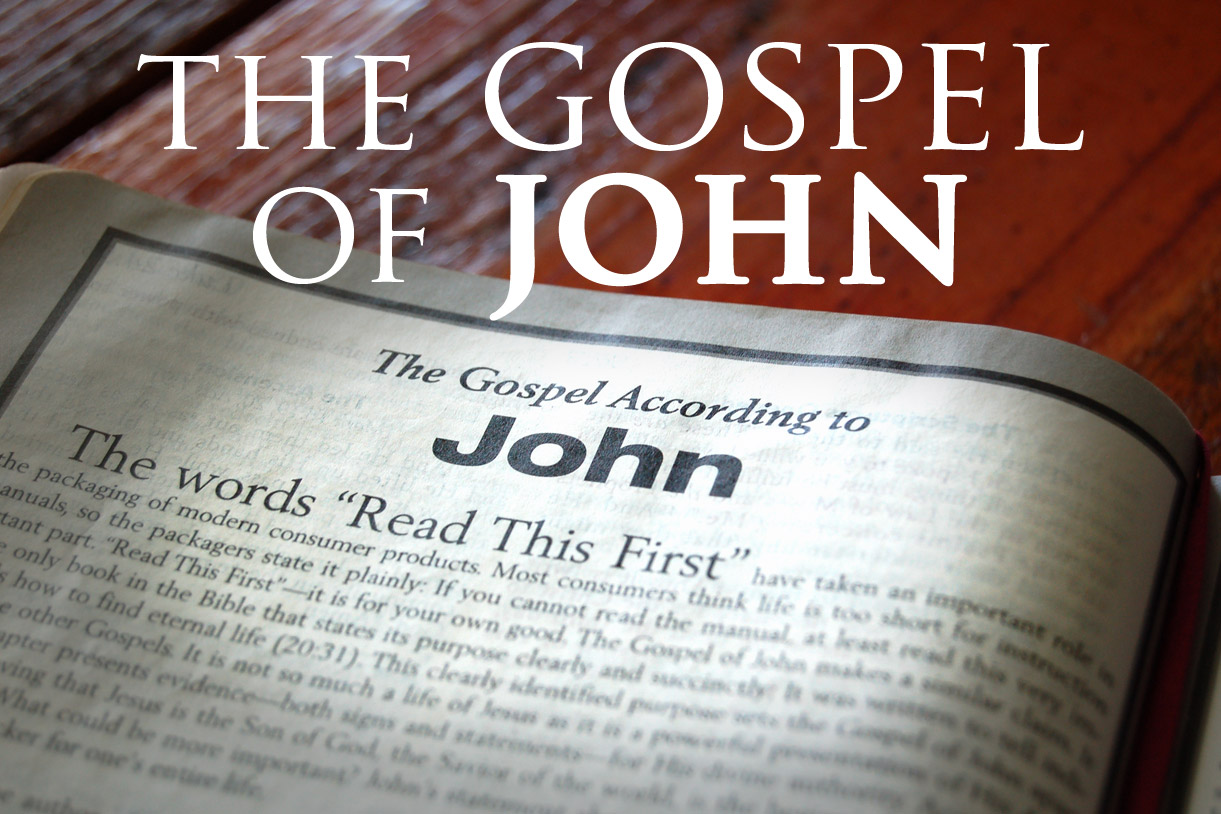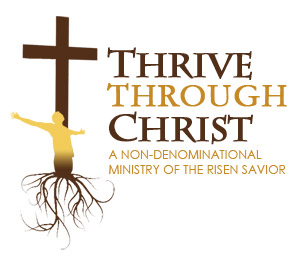
Jesus was in Jerusalem for the Passover, and after He showed His anger toward the merchants in the temple court, the Lord was approached by a Jewish ruler named Nicodemus.
“1 There was a man of the Pharisees named Nicodemus, a ruler of the Jews.” (John 3:1)
One of 6,000 Pharisees and a distinguished member of the Sanhedrin, Nicodemus was a Jewish ruler who heard about Jesus, His preaching and the miracles He performed.
“2 This man came to Jesus by night and said to Him, “Rabbi, we know that You are a teacher come from God; for no one can do these signs that You do unless God is with him.” (John 3:2)
Because he did not want other Jewish leaders to find out he was curious about Jesus, Nicodemus used the cover of darkness to come to the One who was hailed as a gifted teacher who continued to show signs of divine, wondrous powers. When he came to Jesus, Nicodemus characterized those signs as being from God which means the Pharisee actually believed God was with Jesus.
“3 Jesus answered and said to him, “Most assuredly, I say to you, unless one is born again, he cannot see the kingdom of God.” (John 3:3)
Jesus knew Nicodemus believed God was with Him, but the Lord was also aware the Pharisee did not understand what he needed to do to inherit a place in Heaven because Nicodemus’ theology did not involve salvation by faith.
“4 Nicodemus said to Him, “How can a man be born when he is old? Can he enter a second time into his mother’s womb and be born?” (John 3:4)
Nicodemus assumed Jesus was talking about a physical rebirth rather than a spiritual experience. When Christ told Nicodemus he needed to be born again, He revealed the simple formula by which anyone can be saved from the wages of sin. The fact is, faith in Jesus is all that’s needed for believers to secure their place in the Kingdom of God.
“5 Jesus answered, “Most assuredly, I say to you, unless one is born of water and the Spirit, he cannot enter the kingdom of God.” (John 3:5)
Here, Jesus reiterates the path to salvation which begins with the cleansing made possible by water, through repentance and by faith in the One who came to shed His blood for us, the divine intercessor between this life and the next.
“6 That which is born of the flesh is flesh, and that which is born of the Spirit is spirit. 7 Do not marvel that I said to you, ‘You must be born again.’” (John 3:6-7)
Once again, Jesus defines the concept of salvation, that all those who place their trust in Him, and choose to follow the Savior will be blessed, and by God’s mercy and grace, will be saved from the suffering that awaits unrepented sinners in Hades.
“8 The wind blows where it wishes, and you hear the sound of it, but cannot tell where it comes from and where it goes. So is everyone who is born of the Spirit. 9 Nicodemus answered and said to Him, “How can these things be?” (John 3:8-9)
Next, Jesus compares the Spirit to the wind, since no one can see the wind, no one can tell where it comes from or predict where it goes, the same is true for the Holy Spirit. No one understands the Spirit of God, nor can anyone predict its impact on believers.
“10 Jesus answered and said to him, “Are you the teacher of Israel, and do not know these things? 11 Most assuredly, I say to you, We speak what We know and testify what We have seen, and you do not receive Our witness.” (John 3:10-11)
Nicodemus was a high ranking Pharisee who knew the law of the prophets, and although he had a fear of God, he did not comprehend what Christ was speaking of when He addressed him on behalf of God, the Holy Spirit and Himself.
“12 If I have told you earthly things and you do not believe, how will you believe if I tell you heavenly things? 13 No one has ascended to heaven but He who came down from heaven, that is, the Son of Man who is in heaven.” (John 3:12-13)
Jesus continues His exhortation of Nicodemus by challenging him to look beyond his own understanding, and seek the Kingdom of God by faith rather than by works or through the law.
“14 And as Moses lifted up the serpent in the wilderness, even so must the Son of Man be lifted up, 15 that whoever believes in Him should not perish but have eternal life.” (John 3:14-15)
Next, Jesus used the story of Moses’ brass serpent to prophesy His sacrifice on the cross, when He is lifted up to die for the sins of man. The illustration JEsus mentioned had God inspire Moses to make a serpent that was attached to a pole, which the prophet held up to heal the stricken. When He was lifted up on the cross, Christ healed those who were stricken by sin, that snake called Satan.
“16 For God so loved the world that He gave His only begotten Son, that whoever believes in Him should not perish but have everlasting life. 17 For God did not send His Son into the world to condemn the world, but that the world through Him might be saved.” (John 3:16-17)
The apostle John continues his account of Jesus’ mission when he reveals that God loves us so much, and in spite of our sin, He sent His begotten Son to die on the cross as our divine Redeemer, the One who gives us hope through grace and mercy.
“18 He who believes in Him is not condemned; but he who does not believe is condemned already, because he has not believed in the name of the only begotten Son of God.” (John 3:18)
Here, John shares the simple concept of salvation, that anyone who believes in Jesus will be saved from the wages of sin which is death, not physical death but spiritual damnation. The truth revealed by Jesus is this: Those who believe will live forever with God in Heaven. Those who choose to deny the truth will perish, and burn in Hell for all eternity.
“19 And this is the condemnation, that the light has come into the world, and men loved darkness rather than light, because their deeds were evil. 20 For everyone practicing evil hates the light and does not come to the light, lest his deeds should be exposed. 21 But he who does the truth comes to the light, that his deeds may be clearly seen, that they have been done in God.” (John 3:19-21)
Lastly, John reminds us that Jesus is love, and light, and that it is human nature to hide our deeds, to prefer darkness and evil and seek power and fame through whatever means necessary. On the flip side, those who choose to believe and follow Jesus know their mission is one of devotion and sacrifice, but by faith and through God’s grace and mercy, the prize is worthy of the effort.
It is that conviction which comes along faith in Christ that makes it possible to feel joy and fulfillment for those who choose to believe and follow Jesus.
Are you a believer? If so, your place is secure in Heaven… Let’s pray!
Father God;
We thank you for your blessings in our lives,
We praise you Lord for the wisdom found through the gospel of John,
We ask you Lord to inspire us to live out the apostle’s writings
As we continue to learn more about you through your word.
Lord we ask you to strengthen us each day as we endure through battles,
Allow us to praise and love each other through faith in you Jesus,
Shield us from evil through the truth, the gospel, salvation and prayer,
Guide us to abide by your word as we spread your gospel to one and all
Becoming examples of Christian faith through our character as we walk the narrow path.
God we pray that you will continue to bless us, to bless our lives and fill us with hope
We ask you Lord to guide our footsteps and lead us to the way everlasting,
Through faith in you Lord we seek salvation and our place with you in Heaven
According to your ways, your everlasting wisdom and strength.
May your will be done
In our lives, for your life.
We thank you for your love and all you bless us with each day.
Praise God,
Amen!
This message was written by Daniel St.Pierre
Email: danielstpierre@thrivethroughchrist.com
